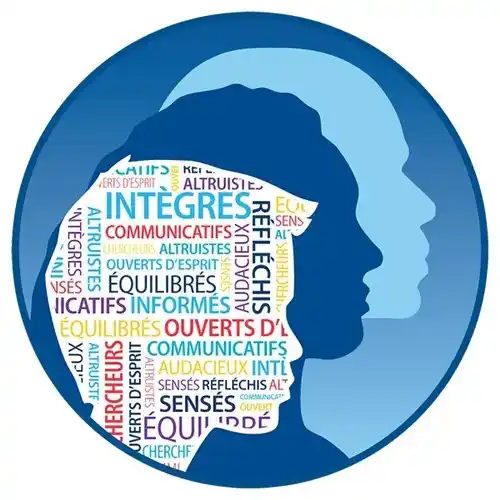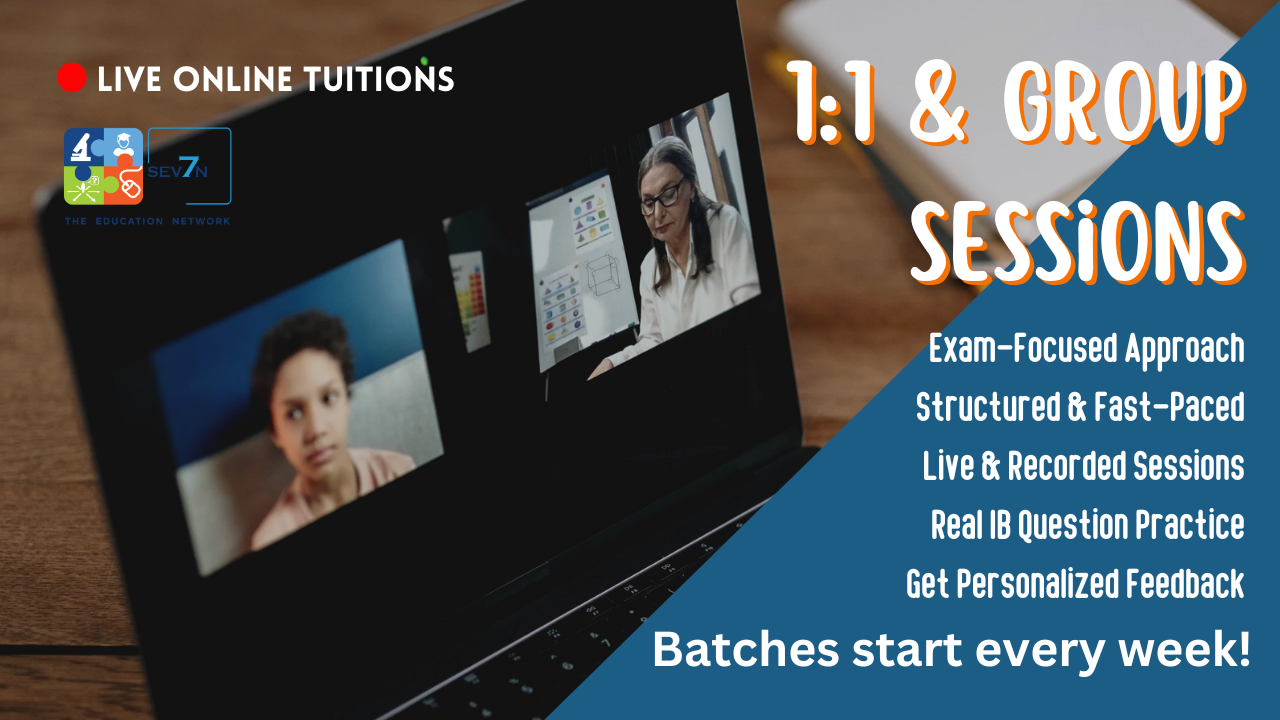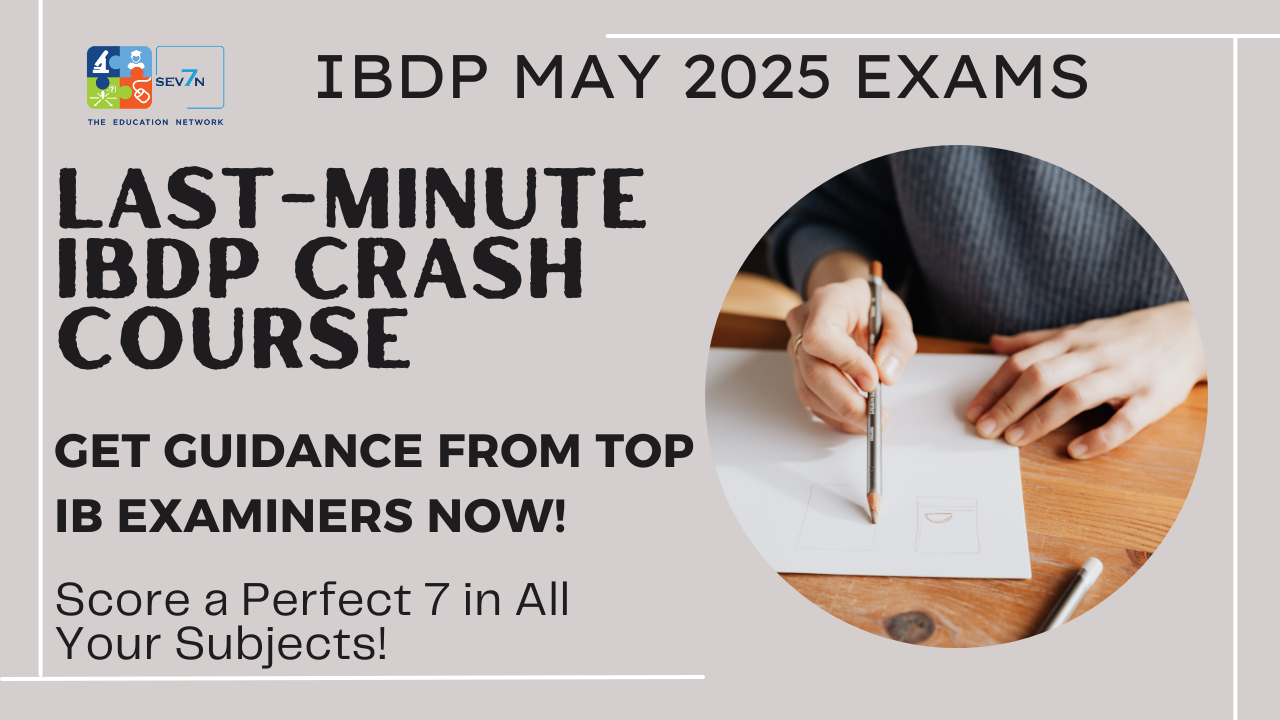TOK EXHIBITION Object 1: A Mathematical Proof (e.g., Pythagorean Theorem Proof)
- Theme: Knowledge and the Knower
- Rationale: A mathematical proof, such as that of the Pythagorean theorem, exemplifies a type of knowledge that is generally considered less open to interpretation due to its logical and deductive foundation. This object allows students to explore how the universal language and methodologies of mathematics contribute to its perceived objectivity and certainty. It prompts discussion on the nature of mathematical knowledge as inherently less subjective compared to areas of knowledge that are more interpretive, such as the arts or ethics, highlighting the role of reasoning in establishing a shared understanding.
Immerse yourself in an interactive learning experience where TOK, ATTL, and the IB Learner Profile come to life! Subscribe today for complete access to our innovative resources and become part of a community of educators committed to fostering a dynamic and engaging learning environment.
 Subject-Specific IB Mock Tests Included!
Subject-Specific IB Mock Tests Included!
TOK EXHIBITION Object 2: A Legal Document (e.g., Constitution)
- Theme: Knowledge and Language
- Rationale: Legal documents, like a country’s constitution, are intended to provide a clear framework for governance and rights. However, they often require interpretation by courts and legal scholars, making them an interesting case for exploring the balance between precise language and the necessity of interpretation. This object encourages students to examine how even seemingly clear legal language can be open to various interpretations, reflecting on the influence of context, precedent, and changing societal values on legal knowledge.
TOK EXHIBITION Object 3: A Religious Text (e.g., The Bhagavad Gita)
- Theme: Knowledge and Religion
- Rationale: Religious texts are foundational to the beliefs and practices of faith communities but are often subject to diverse interpretations. The Bhagavad Gita, a sacred Hindu scripture, provides rich material for discussing how religious knowledge, while deeply meaningful, is interpreted differently across various contexts and cultures. This object invites students to explore the factors that contribute to the interpretive flexibility of religious texts, including historical context, spiritual tradition, and personal belief.
📅 IB Exam Countdown Timetables with Coaching
TOK EXHIBITION Object 4: An Abstract Painting (e.g., by Jackson Pollock)
- Theme: Knowledge and the Arts
- Rationale: Abstract art, such as a painting by Jackson Pollock, challenges viewers to find meaning without the guidance of representational forms, making it a prime example of knowledge that is highly open to interpretation. This object serves as a basis for discussions on the nature of artistic knowledge and the extent to which the viewer’s personal experience, cultural background, and emotional state contribute to the interpretation of art. It highlights the subjective dimensions of knowledge within the arts and the role of perception in shaping artistic understanding.
 Recommended by 500+ IB Students & Parents!
Recommended by 500+ IB Students & Parents!
TOK EXHIBITION Object 5: A User Manual for a Complex Software
- Theme: Knowledge and Technology
- Rationale: User manuals for complex software are designed to convey operational knowledge clearly and unambiguously. However, the effectiveness of such manuals can vary greatly among users, depending on their technical background and familiarity with similar technologies. This object prompts examination of the challenges in creating technical knowledge that is universally accessible and minimally open to interpretation, exploring how the presentation of information, user experience, and prior knowledge affect the interpretability of technical instructions.






